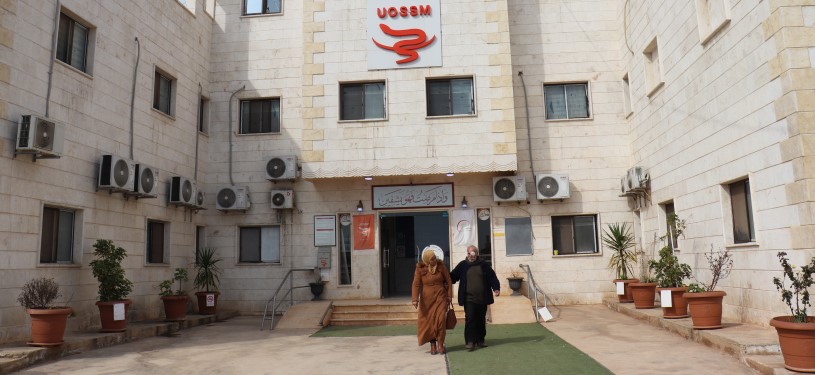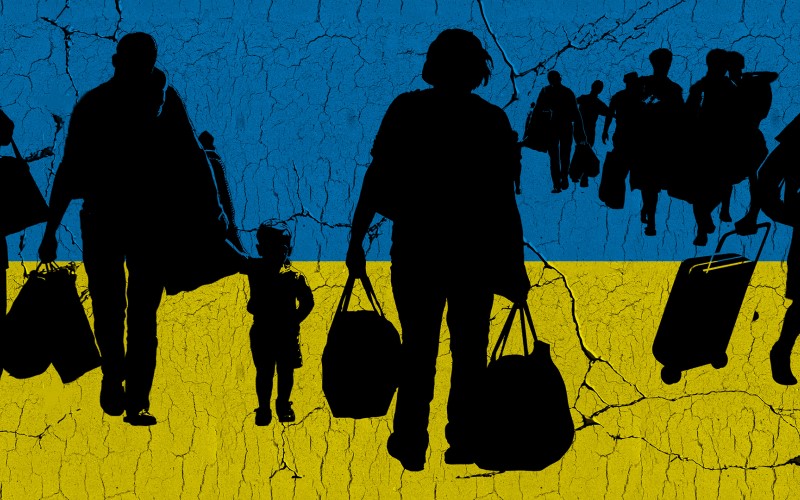
10.02.2025
Together for Syria: hospital partnerships improve healthcare
Thanks to new German-Syrian hospital partnerships, doctors from Syria will soon be able to support their old homeland from Germany.
Healthcare in Syria has been particularly weakened by years of conflict. Only 62 per cent of hospitals are functional and around 70 per cent of healthcare staff have left the country. The Deutsche Gesellschaft für Internationale Zusammenarbeit (GIZ) GmbH has been helping to maintain health services for the people there through partner organisations since 2017. New hospital partnerships now enable the company to harness knowledge from Germany too.
Hospital partnerships bring advantages for Germany and Syria
There are numerous healthcare workers from Syria in Germany who want to do something for their old homeland. The hospital partnerships now give them the opportunity to make an active contribution to reconstruction from Germany. The German Federal Ministry for Economic Cooperation and Development (BMZ) is expanding its Hospital Partnerships funding programme to Syria. To kick things off, doctors, nurses, therapists and other medical professionals will be coming together at the first conference on German-Syrian hospital partnerships in Berlin on 12 February. GIZ is implementing the programme. The hospital partnerships currently link hospitals and medical non-governmental organisations in Germany with health facilities in over 70 partner countries. The concept has proven itself in crisis contexts. In Ukraine, for example, GIZ has set up a nationwide network of 35 German and 80 Ukrainian hospitals since the beginning of the war. Experts from both countries are now working together to help stabilise healthcare services for the population.
GIZ has been strengthening Syria’s health system since 2017
In Syria, GIZ has been supporting the operation of numerous medical facilities, especially hospitals, since 2017. Daher Zedan, Country Director of a Union of Medical Care and Relief Organizations (UOSSM) operating in Syria, says: ‘With GIZ’s support, we have been able to pay the salaries of around 1,200 medical professionals. They maintain healthcare services in the north of the country and provide care for more than one million people every year.’ UOSSM, one of GIZ’s cooperation partners, has for example set up an emergency call system. Up to 4,300 people receive rapid assistance in medical emergencies every month. GIZ is also training psychologists to help people cope with the traumatic consequences of war and displacement.
